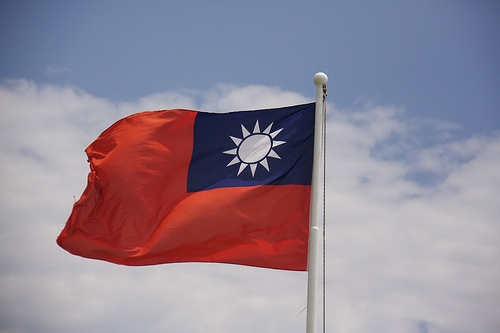
What you must know about Taiwan's economic stimulus package
Size of direct subsidies is small.
According to DBS, the cabinet announced an economic stimulus package yesterday, including revising capital gains tax in the stock market, subsidizing consumer purchases of energy-efficient home appliances, and providing incentives for vehicle owners to trade in old cars for new ones.
The size of direct subsidies is small – TWD 400mn, equivalent to 0.1% of the total sales value of household appliances in 2012.
Here's more from DBS:
The revision of capital gains tax is expected to boost investor and consumer sentiment, temporarily. In fact, the tax rates under the original CGT plan are not high, as individual investors have the flexibility to choose a withholding tax system to pay only 0.02%-0.06% tax on the selling prices of the shares in 2013-2014 (when the TAIEX rises above 8500).
On the investment front, the government said it will allow life insurance companies to invest in public construction projects.
Given that the public debt level is approaching a self-imposed legal limit of 40% of GNP, diverting private capital into public investment projects could be a wise strategy, as it helps to continue promoting infrastructure development in the needed areas without causing higher fiscal burdens.
However, details of this scheme are unclear (such as investment incentives and risk-sharing arrangements) and its feasibility remains a question.
Overall, we don’t expect significant impact on the economy as a result of the newly announced stimulus measures.
Fortunately, the cyclical factors driving domestic demand are positive, given the stability in the labor market, slowdown of energy and food inflation, upturn in the property market and increase of housing construction investment in the private sector.
However, if considering the economy’s export-dependent structure, the performance of global demand will remain the key factor dictating Taiwan’s growth outlook in the short term.
























 Advertise
Advertise






